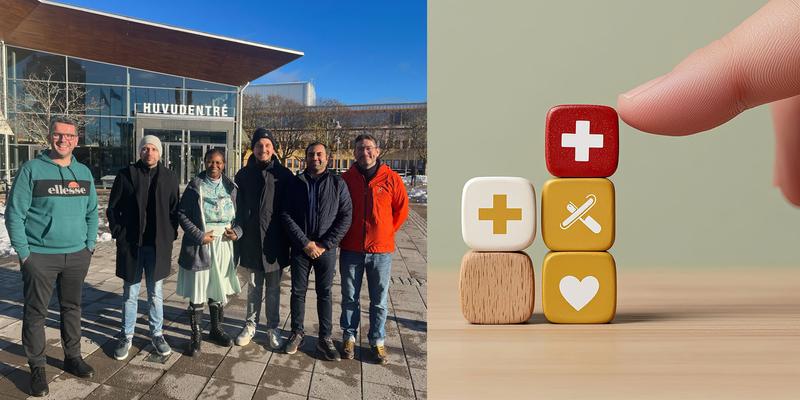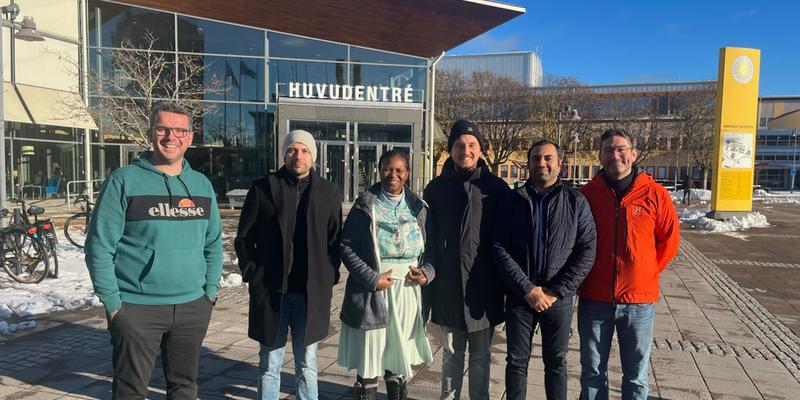New Publications Connect Informal Settlements Research with Urban Resilience
Global insights for more inclusive, crisis-proof communication infrastructures in cities
Global insights for more inclusive, crisis-proof communication infrastructures in cities

Two new peer-reviewed papers from our former emergenCITY associated researcher John Friesen examine how urban research treats informal settlements and how well residents can reach critical infrastructure—insights that also inform emergenCITY’s work on resilient cities.
The studies were developed largely during a 3 months research stay of John Friesen in Karlstad, Sweden, made possible by emergenCITY, and tie directly into the LOEWE Exploration project “Detection and modeling of urban informal settlements for infrastructural planning.”
In Discover Cities, “Bibliometric and scoping study of research on urban deprived areas and slums” maps 3,946 publications and shows where and how the global research community studies slums and deprived areas. The analysis finds strong concentrations on a few countries and disciplines, with medical and social sciences shaping much of the discourse, while technological perspectives remain comparatively scarce. The paper highlights that more than one billion people live in such settlements and identifies blind spots for future research. SpringerLink
In Communications Medicine (Nature Portfolio), “Differences in walking access to healthcare facilities between formal and informal areas in 19 sub-Saharan African cities” quantifies intra-urban disparities in healthcare access based on open datasets. Results indicate that 33% of the urban population can reach a hospital within 15 minutes on foot, 58% within 30 minutes, and 78% within 60 minutes, but residents of informal areas are at a disadvantage in several cities—especially medium-sized ones. Nature

Both publications underscore that resilience is inseparable from equitable access to infrastructures. Informal settlements are often absent from “smart city” and “resilience” narratives, yet they represent a substantial share of urban life and vulnerability. Integrating them into concepts, data, and planning tools is essential for crisis preparedness and fair service provision. SpringerLink
Building on the methods used in these studies, our team is currently analyzing how accessible emergency points are for citizens in Darmstadt—a practical step toward more inclusive, crisis-ready urban communication infrastructures.
The research was made possible by emergenCITY and connects directly to the LOEWE Exploration project on detecting and modeling informal settlements for infrastructure planning, linking global perspectives with actionable insights for resilient urban systems.